During the ages of Islamic civilization, in the Islamic (Middle) ages, the world witnessed the prosperity, progress and development of the science of medicine. Over the centuries, approaching a thousand years, medicine in the world has been speaking Arabic as a lesson, practice and medicine, and that is due to the achievements and authentic medical contributions made by doctors and scientists. Islamic civilization, benefiting all of humanity.
Muslims and specialization in dentistry
The medicine of Islamic civilization, in its flourishing era, was distinguished by the knowledge, knowledge and practice of various medical specialties, and four books had previously been published revealing the specializations: psychiatry, ophthalmology, and internal medicine. Here, I am trying to reveal the contributions of the doctors of Islamic civilization to dentistry, a unique specialty that has achieved prosperity and development like other specialties in the medicine of Islamic civilization. However, you rarely find any of the Arabic writings devoted to this specialty, except for one study presented by Dr. Fouad Al-Zakri, and it was among his works in which he shared with me the award of the Islamic Organization for Medical Sciences presented by the Kuwait Foundation for the Advancement of Sciences in the field of medical jurisprudence and heritage investigation in 2007 AD, and that In addition to some few research papers and fewer lines in conferences and books on the history of science among the Arabs.
Orientalism may have a role in this trend, as it is rare to find in the writings of Orientalists, since they re-excavated in Islamic Arabic manuscripts during the mid-nineteenth century, that is, writings independent of dentistry, so Arab writers followed the same path!
Dentistry scholars and literature in Islamic civilization
Dentistry in Islamic civilization occupied a prominent place in the history of world medicine, yet we have not yet found a complete episode of the Islamic contribution to dentistry in the series of the history of world medicine, due to the fact that what we have received from dental literature and manuscripts in Islamic civilization is not all The scientific material written by scholars, some of it arrived, some of it was lost, some of it was lost, and some of its author was lost. This indicates what we are familiar with in manuscript indexes of writing many books attributed to unknown people!
He also points out that dentistry is one of the specialties that received great attention in Islamic civilization, which is confirmed by the large number of dentists, and the large number of prestigious and prestigious classifications and literature that they put, which added a great scientific wealth to the scientific and cognitive output of the history of this science. In order to find out the true size of this product, I saw that Al-Razi’s Encyclopedia of Medicine plays a prominent role in this field. My investigation of this encyclopedia over the course of fifteen years ended with many great benefits that serve not only the history of Arab-Islamic medicine, but the entire history of human medicine. Including that it contains papers and texts of books from civilizations that preceded the Islamic civilization, as well as the Islamic civilization, and the origins of these papers and texts are missing, and they are found only in “Al-Hawi”.
So I tried to identify such missing texts of the scholars of medicine in Islamic civilization in general, and the figures of dentistry in particular, with the aim of (restoring) their contributions by recovering and realizing what was lost or lost from their books, and there are no texts of them except in Hawi Al-Razi, so I retrieved from Al Hawi lost or lost texts By Massarjoyeh al-Basri, Issa ibn Hakam, Abdous, al-Saher, Bani Bakhticho’, al-Tabari, Yahya ibn Masawayh, Hunayn ibn Ishaq, his son Ishaq, and unknown persons like Ibn Tlaus.
Then I traced the contributions of the owner of Al-Hawi, who is Al-Razi in dentistry, and those who followed him, such as Ali bin Al-Abbas, Al-Zahrawi and Ibn Sina. The (retrieved) texts of both Maserjoeh and Isa bin Hakam showed that their knowledge and experiences benefited the subsequent generations of scholars in the field of dentistry, so Abdus’s “ticket” (d. 289 AH) came from the important writings of the history of medicine in Islam, as it examined the various diseases that could be associated with them. It affects humans from head to toe, and dentistry occupied a significant amount of “the ticket,” which was quoted by Al-Razi in his most important encyclopedia Al-Hawi.
And if Kanash Al-Saher did not reach us like many of the books of Arab and Islamic medicine, but what Al-Razi memorized in his container of texts indicates the importance of Al-Saher’s contribution to dentistry, just as the Bakhtishu family’s interest in medicine and their involvement in it is not without dentistry. With teeth, like the rest of the body parts that they knew, and they stood on their diseases, and provided them with treatments that help to heal them, and they also wrote down their scientific information in books such as What Bakhtichoa’s: The Ticket, and what Gabriel has from: his big booth nicknamed Al-Kafi, and Al-Rawda Al-Medina.
The book “Paradise of Wisdom” by al-Tabari (d. 236 AH) is considered the oldest Arabic writing that compiles the arts of medicine, and the first Arab medical encyclopedia that took care of medicine and its sciences, and what is needed to study them. It included embryology, toxicology, psychiatry, gynecology, anatomy, and dentistry, which included treatments for diseases Teeth, the use of irons, and other issues related to dentistry, which preoccupied the attention of subsequent scholars until they quoted texts from them in their books, especially Al-Razi in Al-Hawi.
Yahya bin Masawayh was prolific in medical production, so Ibn Abi Asbaa’a recorded forty books on medicine for him, but I revealed that Ibn Masawayh had other books that were not mentioned by Ibn Abi Isba’a, nor by other historians, and they were not mentioned, as well as texts of them except in the Al-Hawi Encyclopedia of Al-Razi, Those that have preserved for us and the history of medicine many of the texts of the doctors of Islamic civilization and other civilizations that have been lost or lost through time, including Ibn Masawayh: The Book of Perfection and Perfection, the Book of Purifying Medicines, and a book on the management of the Sunnah. He mentions them, and there are no texts from these works except in the Al-Hawi Encyclopedia, in which I found the texts of Yahya bin Masawayh on dentistry.
And if most of the studies that were issued in Hunayn ibn Ishaq (d. 260 AH) were concerned with highlighting his efforts in translation at the expense of his efforts in medicine.


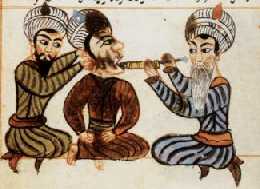
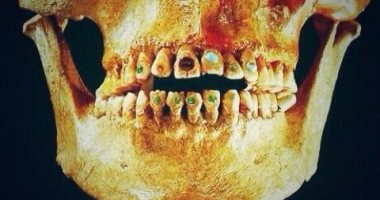
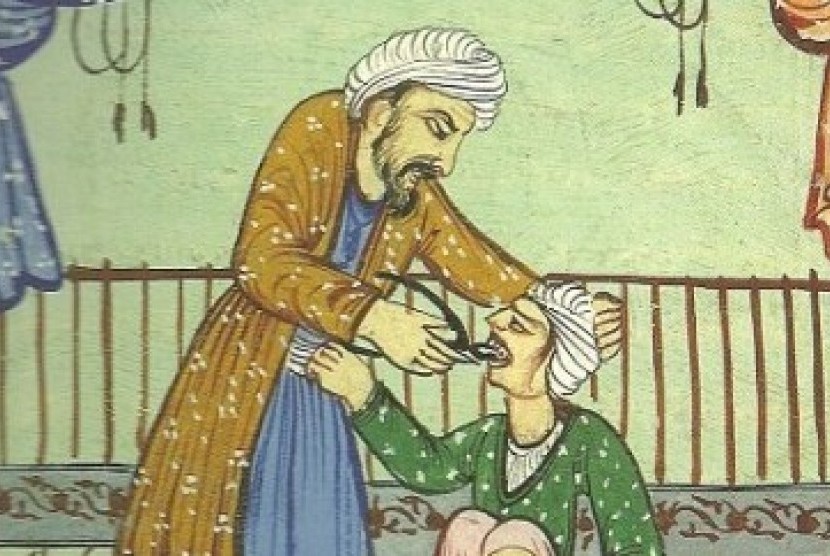
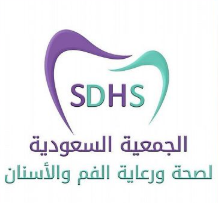
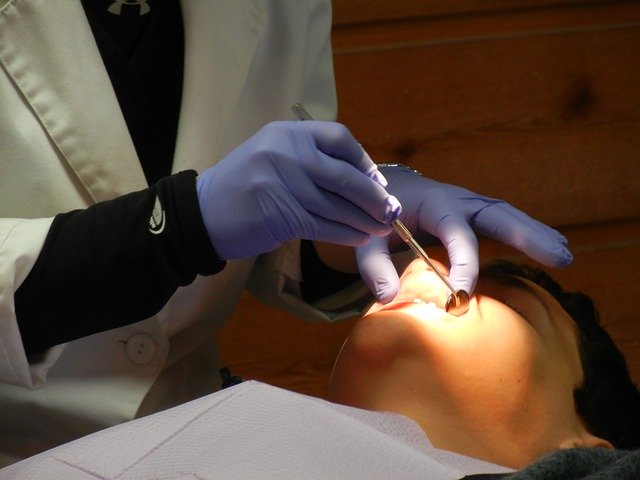
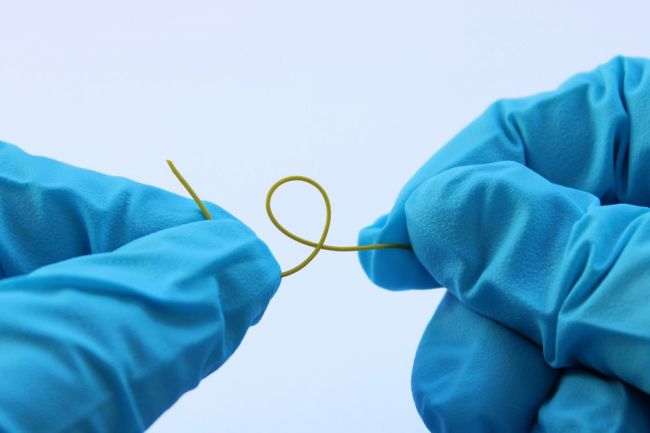
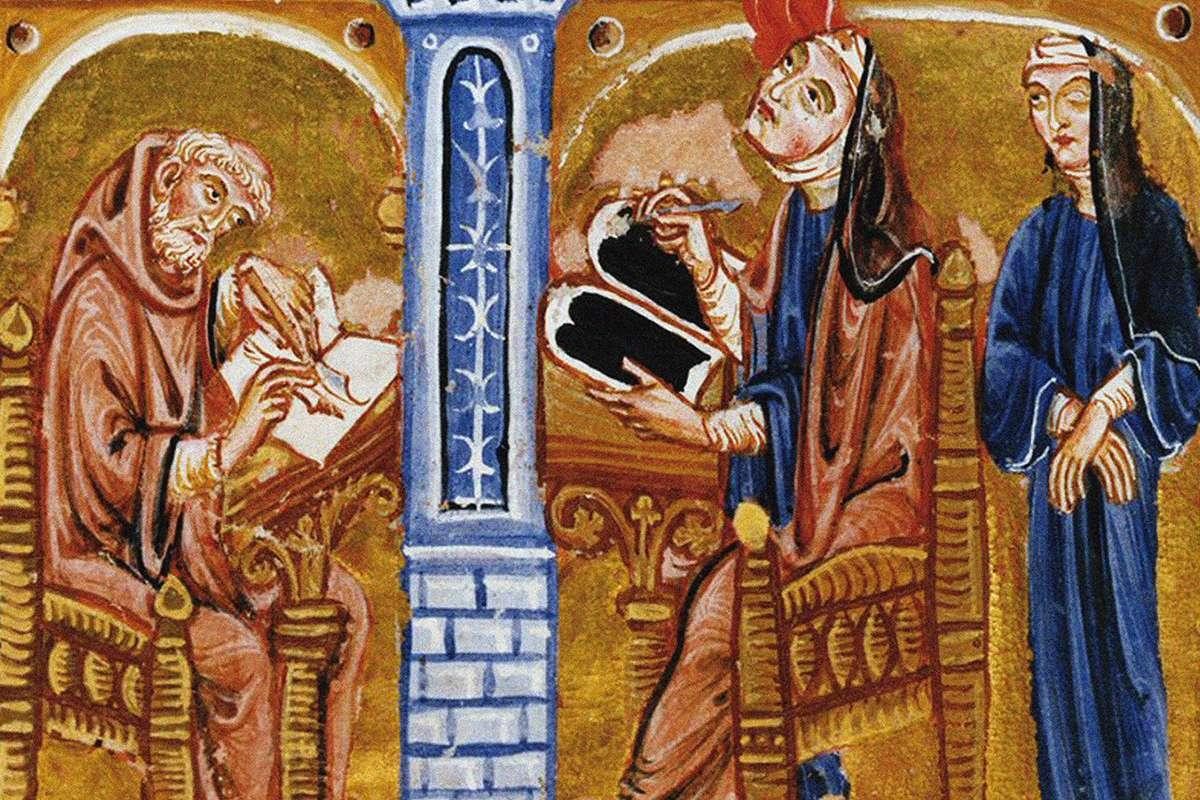
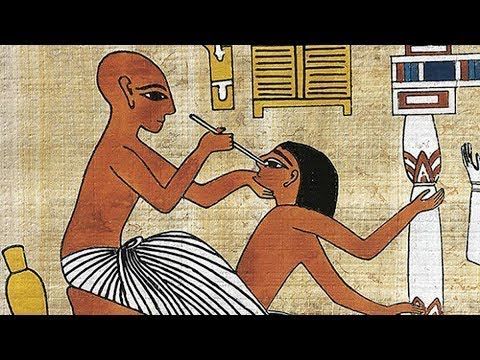
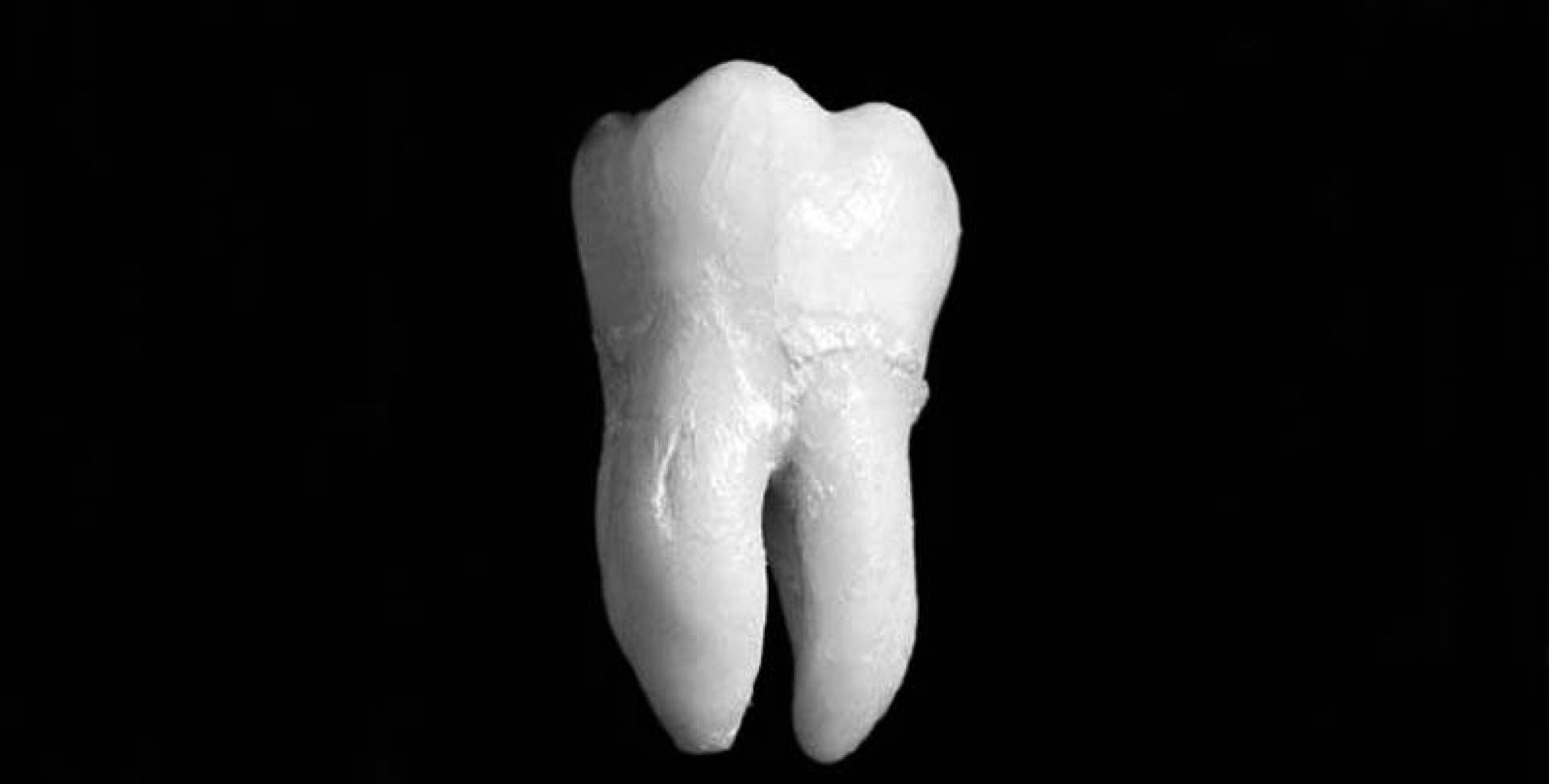
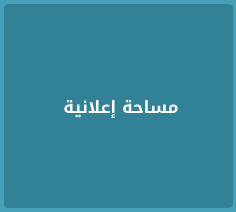
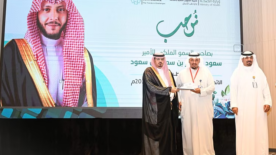




Comments